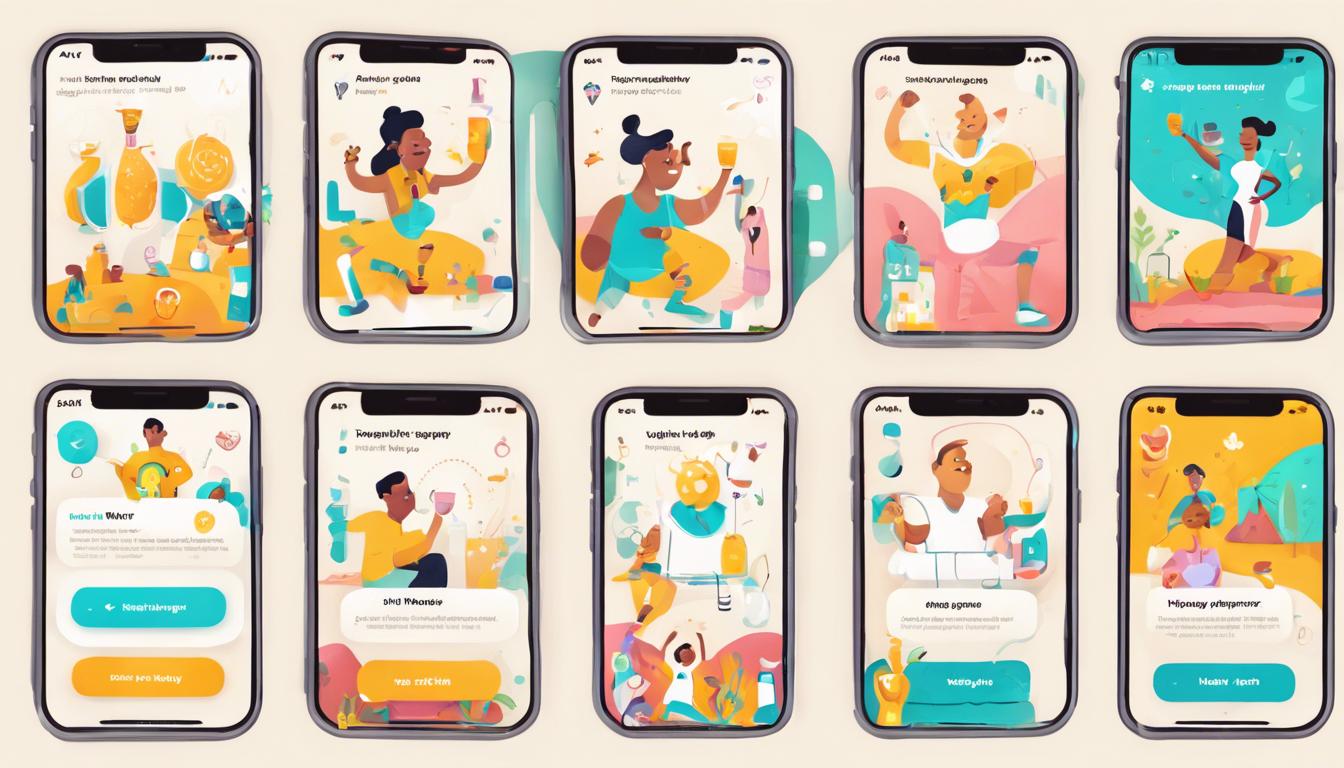Researchers at University College London have developed the ‘Drink Less’ app, demonstrating its effectiveness in aiding users to significantly reduce their alcohol consumption, potentially improving public health and reducing NHS costs.
A study conducted by researchers at University College London (UCL) has demonstrated the effectiveness of a newly developed app, Drink Less, in aiding users to reduce their alcohol consumption. This smartphone application, which allows individuals to set drinking goals, monitor their intake, and log the effects on their mood and sleep, has been shown to help users decrease their alcohol consumption by an additional two units per week, compared to those adhering to standard NHS guidelines.
The research, which involved over 5,000 participants, indicated a significant reduction in alcohol intake among its users, with results showing a 39-unit weekly decrease at the six-month mark. Women using the app reported even greater benefits, experiencing a reduction of 2.5 units per week over the standard advice. These findings underscore the potential health benefits and NHS cost savings that could be achieved through minor reductions in alcohol consumption.
Dr. Melissa Oldham, the study’s lead author, emphasized the importance of such reductions for preventing health issues and minimizing healthcare expenditures. The research, funded by the National Institute for Health and Care Research (NIHR) and published in eClinicalMedicine, suggests that digital interventions like Drink Less could play a vital role in enhancing public health.
The study also touches on other alcohol reduction apps available, such as Drinkaware’s MyDrinkaware App, but highlights the effectiveness of evidence-based applications in supporting individuals to cut down on alcohol effectively. This research aligns with broader efforts to address unhealthy drinking habits and promote better health outcomes across the population.













